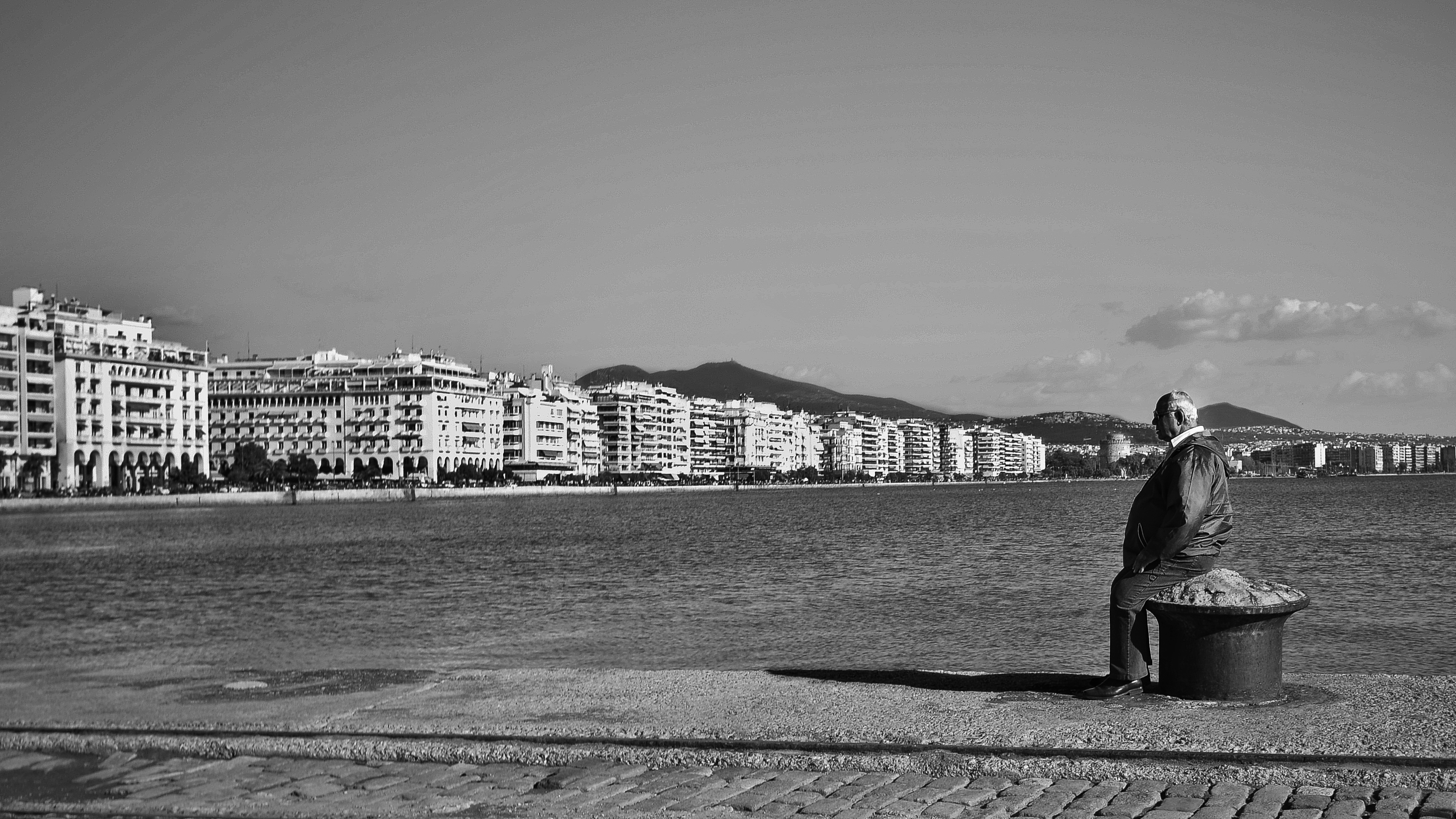
The recent tragedy of an 80-year-old man killing his disabled wife for fear no one would take care of her if he were to fall sick should be a wake-up call for Hong Kong, where services for the elderly are far from adequate. With its rapidly ageing population, Hong Kong must do better to meet the social, physical and psychological needs of its elderly folk.
No one should deny the need is serious. In Hong Kong, people over 65 have the highest suicide rate among all age groups; at 23.5 per 100,000 people, it is double the rate of the general population. Despite this, the problem has attracted little media attention, especially when compared with the attention on youth suicides.
Depression is a major factor contributing to a loss of meaning in life and the development of suicidal thoughts among older adults. Other factors include poor physical health, substandard living arrangements, a lack of social support and an inability to take care of themselves. The problem could be compounded if the duty of care falls on an elderly life partner who also needs help.
All these problems have led some elderly people to see themselves as a burden to their family.
Our government must provide the necessary support.
In 2014, Hong Kong’s chief executive initiated a study to identify elderly needs, aimed at achieving “ageing in place”, or moving towards communitybased
care, as opposed to residential homes. Two years later, an Elderly Services Programme Plan was unveiled. The report showed that many elderly people
and their family still preferred subsidised residential care services to community care services, as it was not safe for the elderly people to be left home alone. Yet, the current wait for these services in Hong Kong is about one to two years.
Hong Kong is not alone in trying to address the challenges of an ageing society. But many other territories already have sound policies in place. According to the 2015 Global AgeWatch Index, which ranks countries and regions by how well their older populations are doing, Switzerland, Norway and Sweden lead the pack. Among Asian economies, Japan is top (No 8 globally).
Hong Kong is not ranked in the index. But, by using the same methodology, the Chinese University of Hong Kong’s Jockey Club Institute of Ageing found that Hong Kong ranked 19th among the 97 countries and regions under study.
To improve the quality of life for the elderly, we need to provide an age-friendly and creative environment, and promote universal health care and lifelong learning. Hong Kong was rated outstanding in access to public transport and physical safety. But more could be done to improve psychological wellbeing and social connections in the elderly community. This suggests it is vital to help the elderly strengthen their social networks.
We must encourage an age-friendly environment in Hong Kong. This means making long-term care services, palliative care and day-care units in homes more available. Education on ageing should also be promoted.
As individuals, we should also do our part to foster a truly inclusive society. By working together, we will make it possible for people to age gracefully in Hong Kong and live out their lives with dignity.
The tragic case of the 80-year-old man has raised the difficult question of euthanasia in some quarters. It is an option that a society should discuss, but not before inadequacies in elderly services have been fully addressed. Only then will we have an environment that is mature enough to discuss euthanasia. Otherwise, resorting to euthanasia would seem to be an easy way out.
This article was published on SCMP on Firday, 10 July 2017. Please click here to find out more.
